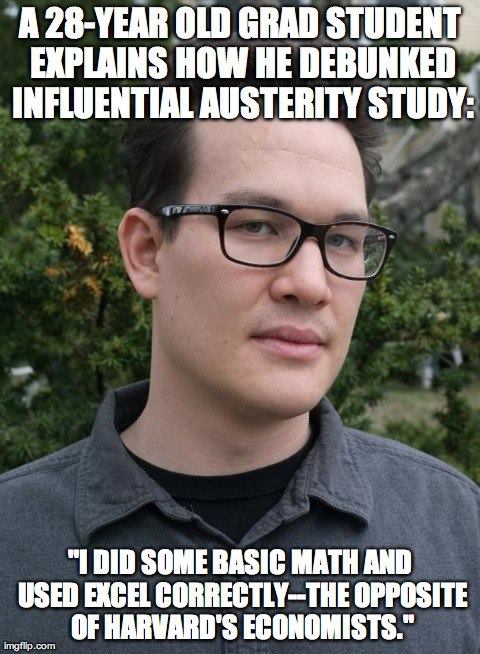
by Professor Joel Slemrod
(Stephen M. Ross School of Business, University of Michigan) on MONDAY, October 21, 2013 at 18:45 pm.
Prof. Slemrod will speak on: “Policy Insights from a Tax-Systems Perspective”
Joel Slemrod is the Paul W. McCracken Collegiate Professor of Business Economics and Public Policy at the Stephen M. Ross School of Business at the University of Michigan, and Professor of Economics in the Department of Economics. He also serves as Director of the Office of Tax Policy Research, an interdisciplinary research center housed at the Ross School of Business. A leading expert on tax policy, professor Slemrod received the B.A. degree from Princeton University in 1973 and the Ph.D. in economics from Harvard University in 1980. Professor Slemrod has been a consultant to the U.S. Department of the Treasury, the Canadian Department of Finance, the New Zealand Department of Treasury, the South Africa Ministry of Finance, the World Bank, and the OECD. Besides numerous articles in top economics journal, professor Slemrod also produced highly acclaimed books on taxation. He is the co-author with Jon Bakija of Taxing Ourselves: A Citizen’s Guide to the Debate over Taxes, whose 5th edition will be published in 2013, and with Len Burman of Taxes in America: What Everyone Needs to Know, published in 2012. From 1992 to 1998 Professor Slemrod was editor of the National Tax Journal. In 2012 he received from the National Tax Association its most prestigious award, the Daniel M. Holland Medal for distinguished lifetime contributions to the study and practice of public finance.




